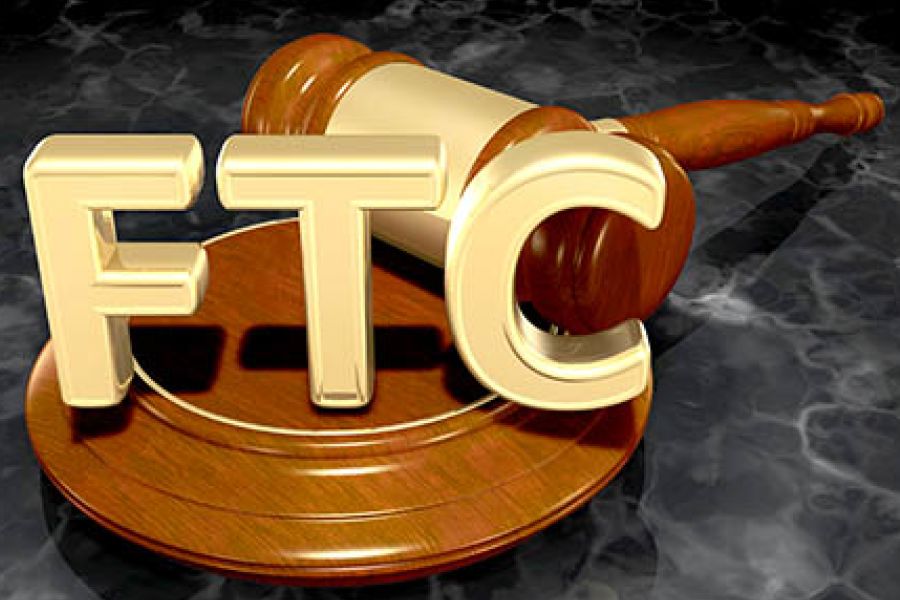Noncompete agreements can be valuable to a business, especially after a merger or acquisition. Estimating the value of these agreements has become more complicated in light of a controversial new final rule issued by the Federal Trade Commission (FTC) that will ban noncompetes for most employees and independent contractors, starting in September 2024. Types of noncompetes Noncompete agreements have been a standard business practice for decades. Some are required as a condition of employment or upon termination of employment. Here, the employer requires an employee to sign a noncompete agreement to protect the employer’s business interests, guard against disclosure of trade secrets, and prevent the employee from poaching customers or clients. These agreements generally limit employment activities in the same field for a specified period. Noncompetes also may...




